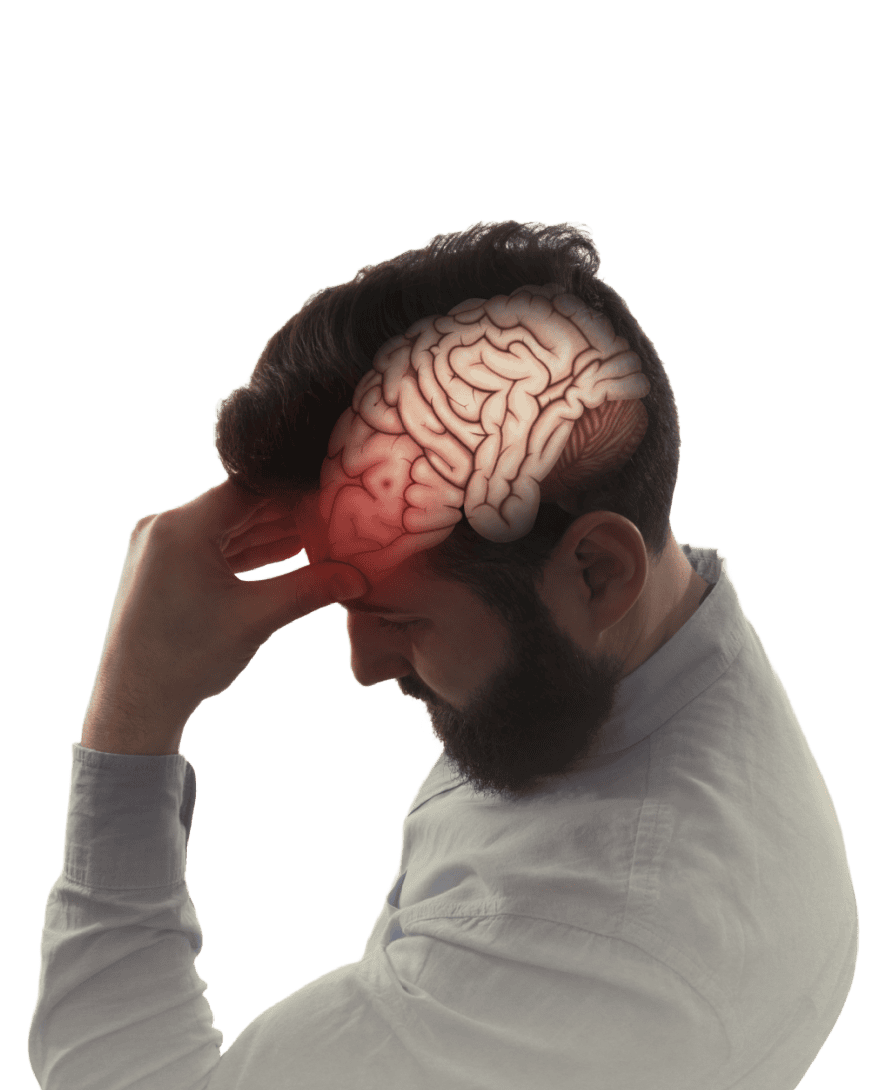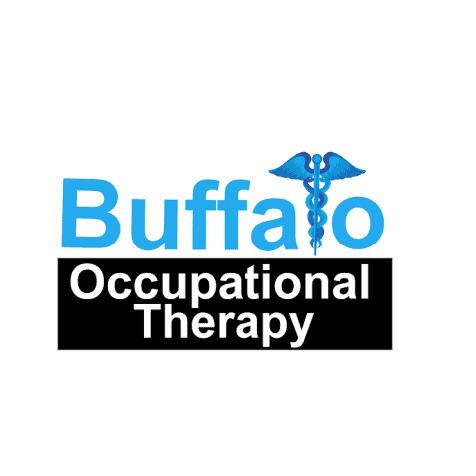Traumatic Brain Injury in Adults

Traumatic Brain Injury is known as an invisible disability because you feel the symptoms, but nobody can see them. So, you spend months convincing yourself the symptoms will go away on their own. If this is you, seek support.
Experiencing a traumatic brain injury (TBI) as an adult can be frightening and confusing, especially when symptoms don’t appear right away. Many adults may not show immediate signs of a concussion or TBI but start to notice serious issues months later. These delayed symptoms can disrupt work, family life, and daily activities, leaving individuals feeling scared and unsure about what’s happening to them.
It’s important to know that you are not alone, and there is help available. Our specialized occupational therapy programs are designed to support adults dealing with the long-term effects of TBI, providing the care and tools needed to regain control and improve quality of life. Reach out today to start your journey toward recovery and a brighter future.

Concussions are mild Traumatic Brain Injuries and can have detrimental impact on your brain and increase your risk of Alzheimer’s Disease. Treat it seriously. Let us help.
Have you ever had a concussion or traumatic brain injury in your life?

If you’ve ever had a concussion or traumatic brain injury (TBI), it’s important to know that it can affect you even years later. Having a TBI as a child can make your brain start aging 5-7 years faster than normal. This means you might start seeing problems like memory loss or difficulty thinking clearly earlier in life. If you have another TBI in middle adulthood, the effects can be even worse. It’s crucial to be aware of these risks and seek help if you notice any changes in your brain health. Our team is here to support you and help you manage these challenges.
What are TBI support services like?
+ Cognitive Remedial Therapy: Helps improve memory and attention skills through specialized exercises and activities.
+ Behavioral Support: Identifies which feelings, like anxiety or depression, are most affecting your daily life and provides strategies to manage them.
+ Personalized Referrals: Connects you with the right professionals, such as neurologists, psychologists, or speech therapists, to meet your specific needs.
+ Memory and Organization Strategies: Teaches techniques to better organize your daily tasks and remember important information.
+ Physical-related Needs: Assists with regaining balance and coordination, reducing the risk of falls and further injury.
+ Education and Training: Provides information about brain health and ways to protect your brain from further injury.
+ Social Support: Offers a community of others who understand what you’re going through, providing emotional support and shared experiences.

Symptoms of Traumatic Brain Injury in Middle Adults to take Seriously
Difficulty Concentrating: Struggling to stay focused during meetings or when completing tasks.
Memory Problems: Forgetting appointments, deadlines, or important information discussed in meetings.
Trouble Multitasking: Finding it hard to manage multiple projects at work or balance work tasks with personal responsibilities.
Fatigue: Feeling unusually tired, making it difficult to maintain energy throughout the workday.
Headaches: Frequent headaches that interfere with productivity and focus.
Mood Changes: Increased irritability, anxiety, or depression affecting interactions with colleagues and family.
Difficulty Following Conversations: Having trouble keeping up with conversations, especially in noisy environments or during meetings.
Driving Issues: Struggling with driving, such as difficulty focusing on the road, reacting slowly to traffic signals, or getting lost in familiar areas.
Balance and Coordination Problems: Experiencing unsteadiness or clumsiness, affecting activities like walking, climbing stairs, or even simple tasks like cooking.
Sensitivity to Light and Noise: Being easily bothered by bright lights or loud sounds, making it hard to work in certain environments.
Organizational Challenges: Difficulty planning and organizing daily tasks, leading to missed deadlines or forgotten responsibilities.
Slow Problem-Solving: Taking longer to make decisions or solve problems, which can affect job performance and efficiency.
Brain Fog: Feeling mentally sluggish, with a cloudy or unclear mind, making it hard to think clearly and process information quickly.
